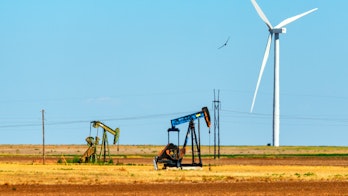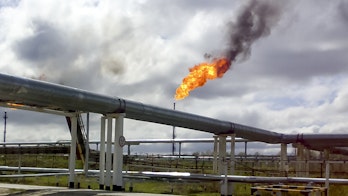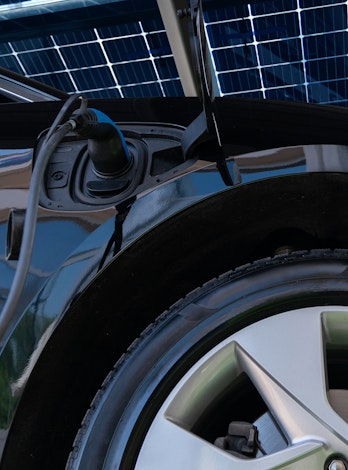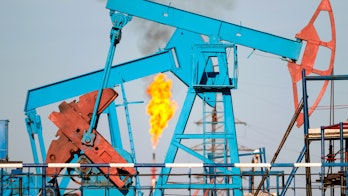Reports
-
EV Battery Supply Chain Sustainability
Life cycle impacts and the role of recycling
Technology report — December 2024

-
Turning Pledges into Progress
An accountability framework for reducing emissions from the oil and gas industry
Fuel report — September 2024

-

Global EV Outlook 2024
Moving towards increased affordability
Flagship report — April 2024
-
Global Methane Tracker 2024
Fuel report — March 2024

-
The Oil and Gas Industry in Net Zero Transitions
World Energy Outlook Special Report
Fuel report — November 2023

-

World Energy Outlook 2023
Flagship report — October 2023
-
The Imperative of Cutting Methane from Fossil Fuels
An assessment of the benefits for the climate and health
Default report — October 2023

-
Facilitating Decarbonisation in Emerging Economies Through Smart Charging
Default report — August 2023
-
Transitioning India’s Road Transport Sector
Realising climate and air quality benefits
Country report — July 2023

-
Financing reductions in oil and gas methane emissions
A World Energy Outlook Special Report on the Oil and Gas Industry and COP28
Default report — June 2023

-
The State of Clean Technology Manufacturing
An Energy Technology Perspectives Special Briefing
Default report — May 2023

-

Global EV Outlook 2023
Flagship report — April 2023
-
Driving Down Coal Mine Methane Emissions
A regulatory roadmap and toolkit
Fuel report — February 2023

-
Global Methane Tracker 2023
Fuel report — February 2023

-

Energy Technology Perspectives 2023
Flagship report — January 2023
-
Grid Integration of Electric Vehicles
A manual for policy makers
Technology report — December 2022

-
Is the European Union on track to meet its REPowerEU goals?
Fuel report — December 2022
-
The Future of Heat Pumps
Technology report — November 2022

-
Climate Resilience for Energy Security
Default report — November 2022

-

World Energy Outlook 2022
Flagship report — October 2022
-
Technology and Innovation Pathways for Zero-carbon-ready Buildings by 2030
A strategic vision from the IEA Technology Collaboration Programmes
Technology report — September 2022
-
By 2030 EVs represent more than 60% of vehicles sold globally, and require an adequate surge in chargers installed in buildings
Part of Technology and innovation pathways for zero-carbon-ready buildings by 2030
Technology report — September 2022
-
Residential behaviour changes lead to a reduction in heating and cooling energy use by 2030
Part of Technology and innovation pathways for zero-carbon-ready buildings by 2030
Technology report — September 2022
-
Approximately 100 million households rely on rooftop solar PV by 2030
Part of Technology and innovation pathways for zero-carbon-ready buildings by 2030
Technology report — September 2022